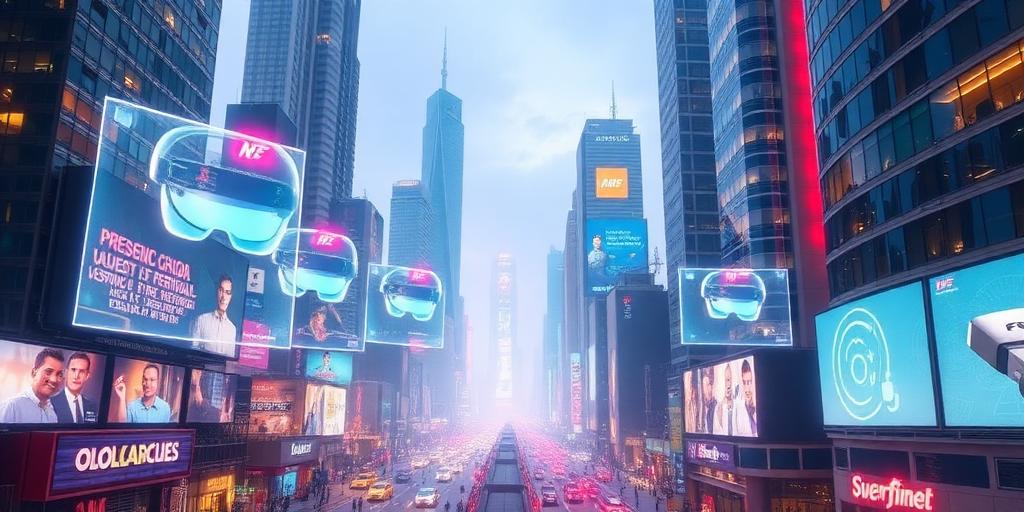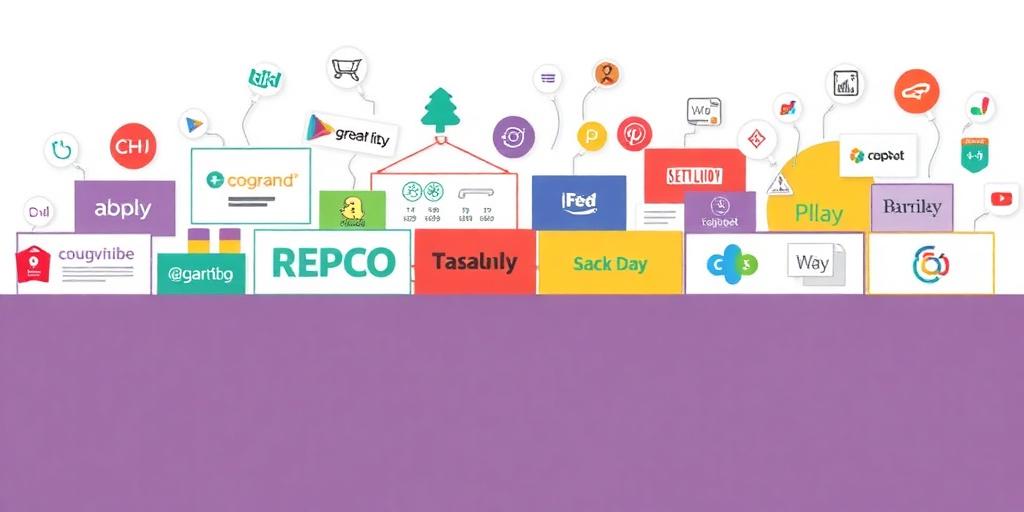The Evolution of Entertainment: A Personalized Future
The entertainment and media landscape is undergoing a seismic shift, driven by technological advancements and evolving consumer preferences. Personalization is no longer a luxury; it's an expectation. This article delves into the future of personalized entertainment and its profound impact on media consumption lifestyles.
The Rise of Personalized Content
Algorithms are now sophisticated enough to analyze viewing habits, preferences, and even emotional responses to curate individual content experiences. Streaming services like Netflix and Spotify have pioneered this approach, offering tailored recommendations that keep users engaged. This trend is expanding beyond streaming, influencing gaming, news, and even live events.
AI-Driven Personalization
Artificial intelligence (AI) is at the forefront of this revolution. AI not only analyzes data but also learns and adapts, providing increasingly accurate and relevant recommendations. Expect AI to play a more prominent role in content creation, tailoring narratives, characters, and even entire storylines to individual tastes.
Interactive and Immersive Experiences
The future of entertainment isn't passive; it's interactive. Virtual reality (VR) and augmented reality (AR) technologies are creating immersive experiences that blur the lines between the digital and physical worlds. Imagine attending a live concert from your living room or exploring historical events through interactive simulations.
The Impact on Media Consumption Lifestyles
Personalized entertainment is reshaping media consumption habits in several ways:
- Increased Engagement: Tailored content leads to higher engagement rates and longer viewing times.
- Fragmentation of Audiences: As content becomes more personalized, mass audiences are fragmenting into niche communities.
- New Revenue Models: Personalized advertising and subscription models are emerging, offering targeted experiences to consumers.
- Ethical Considerations: Data privacy and algorithmic bias are growing concerns that need careful consideration.
The Challenges Ahead
While the future of personalized entertainment is promising, there are challenges to address. Data privacy, algorithmic bias, and the potential for echo chambers are significant concerns. It's crucial to develop ethical guidelines and regulations to ensure that personalization serves to enhance, not limit, the diversity of entertainment.
Conclusion
The future of entertainment is undoubtedly personalized. AI, VR, and AR technologies are paving the way for immersive, interactive experiences tailored to individual preferences. While challenges remain, the potential for personalized entertainment to enrich our lives is immense. By embracing innovation and addressing ethical concerns, we can create a future where entertainment is not just consumed, but truly experienced.









